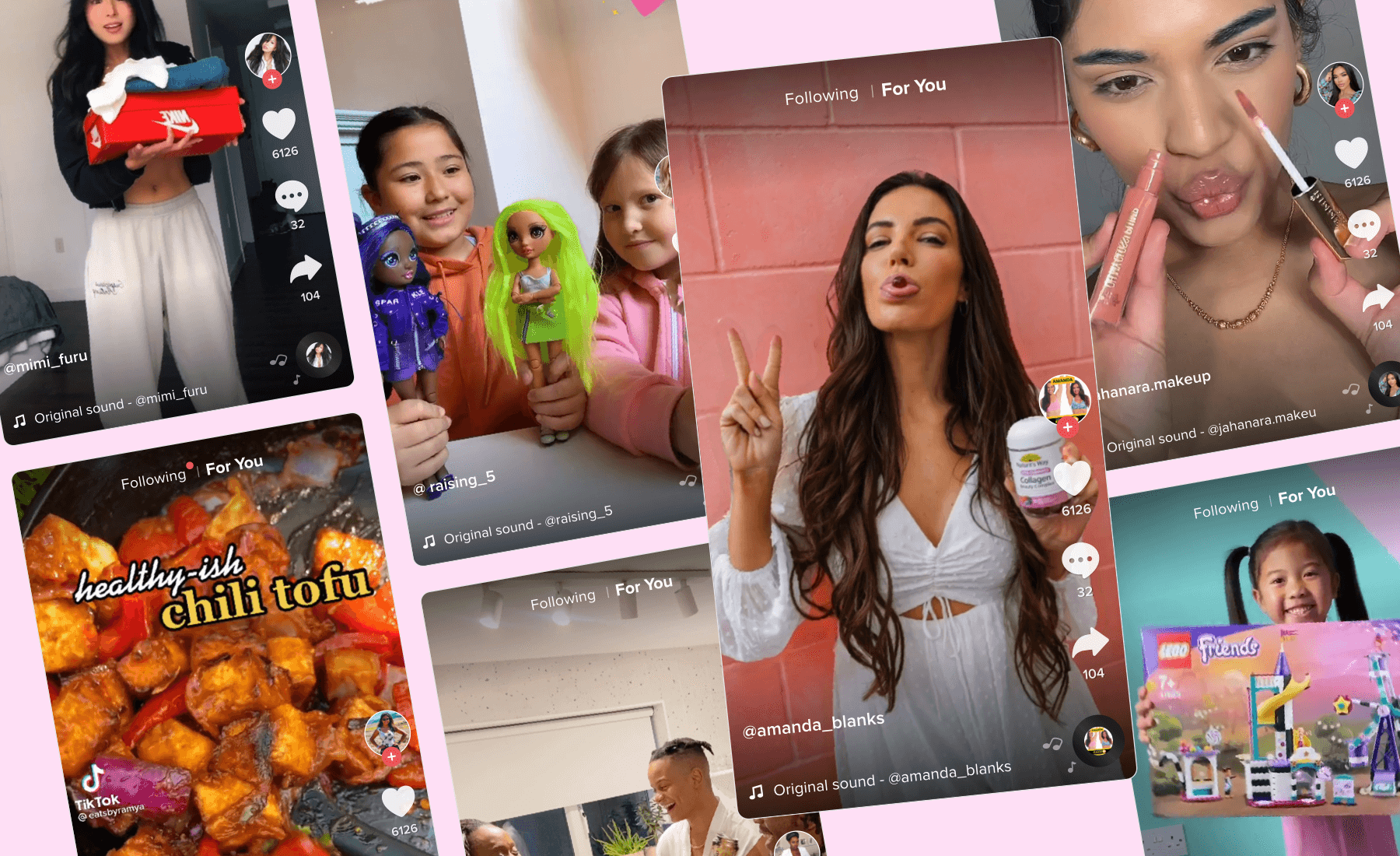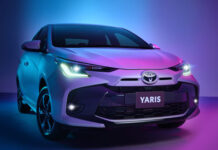If there is something called living in the internet World, the generation Z people are well into it. For this generation, social networking and on-line streaming are the norms, as they have no idea what pre-social media life is like. This unique upbringing has shaped their expectations: They expect brands to be genuine, possess a set of moral principles, and engage with content that genuinely interests them. Since consumers have a little of 8 seconds for any company to capture their attention, there is no room for the company to take time to create interest.
Around 2 billion individuals belonging to Generation Z comprise 30% of global occupants, a significant presence that’s hard to overlook. Their influence is steadily amplifying, and by 2025, they’re estimated to make up nearly 27% of the international workforce, signaling a swift ascent in their buying capability. It’s imperative for companies to modify their marketing methods to engage this digitally adept and ethically aware generation, otherwise, they could be headed towards obsolescence. However, crafting a compelling appeal to Generation Z needs more than just jumping onto the latest fads—it requires profound comprehension of their principles, practices, and expectations from brands.
To succeed, marketers must move beyond traditional strategies and embrace Gen Z’s unique preferences, from their platform choices to their desire for purpose-driven, transparent brands. Let’s explore what works when marketing to Gen Z—and what doesn’t.
Effective marketing strategies for Gen Z include
‘Buy Better, Wear Longer’ campaign by Levi’s
The said campaign by Levi’s successfully caters to Gen Z’s eco-obsessed thinking by underscoring sustainability. Underpinning the mantra “Buy Better, Wear Longer”, it coincides with the Generation Z philosophy of mindful purchases favoring environmental health. The appeal of this campaign lies in its recognition of two crucial elements: environmental accountability and lasting product life. Generation Z shows preference for brands offering not just merchandise but endorsing a cause or belief system.
https://www.youtube.com/watch?v=lPSxxK5MPZM
Duolingo: Brand Recognition
Through humour & character Duolingo’s TikTok strategy provides an apt illustration of how humour coupled with a relatable figure can be a hit with Gen Z. Deploying their mascot, Duo, in eccentric and comical performances, Duolingo cultivates an enjoyable and unforgettable brand image. Rather than being disproportionately focused on marketing their product, they deliver amusing content, stirring laughter among the audience. This makes it unmistakably clear that unusual and sharp humour can be a successful strategy to captivate the attention of Gen Z.
https://www.youtube.com/results?search_query=duolingo+tiktok
Spotify Wrapped

Leveraging Personalization & Game Elements Spotify Wrapped’s yearly event capitalizes on the Gen Z fondness for personalized data and its widespread sharing on social platforms. By generating an individualized annual overview of what each user listens to, Spotify successfully prompts users to post their data, thereby instigating a ripple effect. The success of this campaign lies in its combination of personalized information with community endorsement. It attracts users who like sharing their distinct tastes and experiences within their friend circles.
https://www.youtube.com/watch?v=hpwv5tiQGKk
Approaches that Misfire with the Gen Z
Over-polished Ads Failed to Connect
Traditional advertising approaches fail to resonate well with Gen Z. Anything excessively scripted or over-refined is generally dismissed by this group. They lean towards content that exudes authenticity, even if it lacks refinement. TikTok’s popularity stems from its emphasis on genuine, user-created content often prioritizing authenticity over technical proficiency.
Hollow Social Advocacy While dealing with Gen Z
Brands often err by resorting to “woke-washing,” a scenario where corporations superficially align with social movements without any bona fide commitment to transformation. Gen Z is swift in spotting and calling out brands for such false activism. Many companies have seen a backlash when their actions didn’t match up to their professed principles. For instance, if a company declares support for eco-friendly causes yet employ dubious production methods, it triggers a negative reaction from Gen Z.
Disregarding TikTok and Comparable

Platforms such as Facebook or X (formerly Twitter) remain high priority for numerous brands. Yet, Gen Z shows a stronger inclination towards vertical screen content platforms like TikTok, Instagram and Snapchat. Missing on these platforms or not creating custom-suited content for them means missing out on excellent chances to engage Gen Z. Tiktok has a unique culture and user base; any attempt to merely recycle content from other platforms without making it apt for TikTok’s distinctive flavour exposes a brand as outdated.
Primary Marketing Tactics for Gen Z
Impactful Storytelling Rooted in Values
Gen Z has a keen eye for brands resonating with their values, including and particularly, social fairness, respect for the environment, and inclusivity. Brands like Patagonia have emerged successful by skillfully incorporating these values across all business and promotional ventures. For Gen Z, the real product isn’t just the physical good, it’s what the brand embodies and its materials’ origins.
Sincerity is Non-Optional
Sincerity is key, as noted. Brands running deceptive operations to win over the Gen Z market rapidly lose trust. Companies like Glossier, that initiated as a beauty blog and eventually became a beauty brand, have effectively achieved sincerity by cultivating a beauty enthusiast community. They regularly spotlight actual customers in their campaigns and uphold transparency about their commodities and principles.
Collaborations with Influencers
While influencer advertising resonates with all age groups, it proves exceptionally potent with Gen Z. The trick lies in collaborating with influencers who have already established authentic rapport with their followers. Gen Z has an uncanny ability to spot insincerity or simple monetary-motivated partnerships from influencers. Micro-influencers, those possessing smaller yet truly dedicated followership, generally yield superior results due to their personal, and consequently reliable content.
Short Form Snackable Content
TikTok and Instagram reels have proven that Gen Z needs short-form content. Brands need to get their message across in 8 seconds, as even some pundits harken for just 5 seconds if they want to capture attention. Ultimately, they need to be entertaining, informative, or humorous, engaging. For instance, American fast food brand Chipotle is engaging through TikTok challenges and viral trends that amplify their brand in fun, interactive ways appealing to Gen Z’s love for short-form entertainment.
Interactive and Immersive Experience
In a nutshell, Gen Z wants to feel like they’re part of the action. Brands can capitalize on this opportunity through interactive experiences in line, such as AR filters on Instagram or Snapchat, live Q&A sessions, or brand-created challenges on TikTok. For example, Nike introduced a multiplicity of an AR experience where users could design their own sneakers and see them in real-time. This has a personal touch to it, which encourages creativity and engagement.
User-Generated Content (UGC)
![19 User Generated Content Examples - [UGC Examples] Taggbox](https://cdn.taggbox.com/v7/taggbox.com/blog/wp-content/uploads/2019/11/ugc-examples.png)
Evolving Brand Strategy
Marketing to Gen Z has to be overhauled entirely based on modern traditional approaches. As far as this generation is concerned, authenticity, imagination, and moral behavior can go a long way. Brands have to change their approach to compete for the attention of this powerful generation that aligns with values like authenticity and ethics. It can run from humor to sustainability to personalization-as companies can demonstrate authenticity, they will earn loyalty from this group.
The Gen Z resonates with authenticity, social responsibility and inclusivity. The brands that have tapped this consumer market are the ones that will lead the future in their respective fields. This way they will build long-lasting connections to a generation shaping the future of consumer behavior.
Stay tuned to Brandsynario for latest news and updates.



































